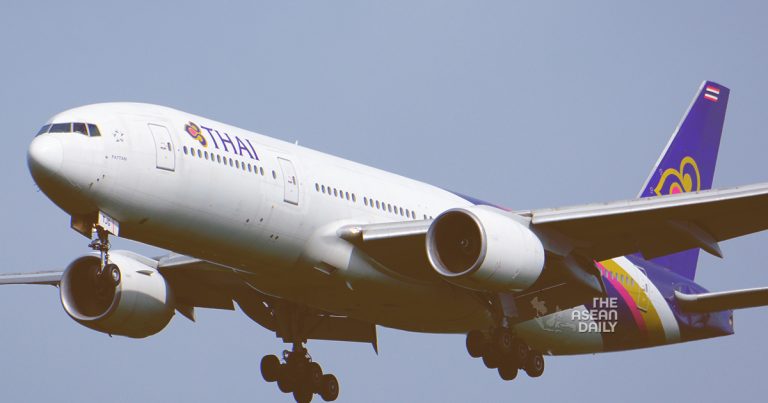11-10-2023 (BANGKOK) The aviation industry is currently facing a daunting challenge as it contends with a significant shortage of pilots. The Emirates Flight Training Academy (Efta) estimates that approximately 650,000 pilots will be required over the next two decades to meet the burgeoning needs of the airline industry.
Abdulla Al Hammadi, Vice President of Efta, highlighted the gravity of the situation, stating, “There is a big shortage of flight instructors globally.” This scarcity of experienced instructors has created intense competition, as airlines are increasingly recruiting instructors from private aviation schools. The repercussions of this dearth of educators have translated into a reduced number of pilot graduates entering the workforce.
Several factors have contributed to this alarming pilot shortage. Mr. Al Hammadi identified incidents over the past few decades, such as the 9/11 attacks in 2001, the 2008 financial crisis, and the ongoing pandemic, which have dissuaded individuals from pursuing a career in aviation. These events have cast a shadow over the profession, leading many to question its stability and desirability.
Changing perceptions among younger generations have further exacerbated the problem. Unlike previous generations who regarded piloting as a prestigious and aspirational career, many younger individuals now view it differently. They are drawn to alternative career paths that promise higher incomes, resulting in fewer cadets entering the aviation industry.
While some airlines are attempting to attract pilots by increasing salaries, many pilots now seek a balanced work-life schedule with reasonable working hours, a rarity in the past. This desire for a better quality of life poses a challenge to the industry.
Despite the emergence of single-pilot aircraft and evolving technology, Mr. Al Hammadi expressed reservations about passenger confidence in these developments. Furthermore, he noted that the global aviation and airport infrastructure is not yet prepared to accommodate unmanned aircraft or single-pilot operations.
One potential solution to the pilot shortage is the use of larger aircraft capable of carrying more passengers. This approach could reduce the demand for a vast number of pilots, addressing a critical issue within the industry.
To navigate these challenges successfully, Mr. Al Hammadi suggests that flight training academies may need to provide job guarantees for their trainees. Furthermore, he anticipates that more airlines will implement training bonds for both experienced and inexperienced pilots, requiring them to work for the airline to repay the bonds after obtaining a specific rating.
While some airlines have established agreements with aviation schools to hire cadets, Mr. Al Hammadi believes that this arrangement is unsustainable due to the challenges in maintaining consistent standards.
The pilot shortage has led to an increase in tuition fees at flight training academies, prompting airlines to invest more in securing graduates. Efta, established by Emirates in 2017, was created with the aim of ensuring a consistent standard of quality for pilots. To date, the academy has produced 110 cadet graduates who have gone on to work for airlines across the globe.
Efta operates a fleet of 30 training aircraft on a 1,800-meter runway, equipped with a maintenance hangar and private air traffic control towers. With the capacity to graduate 100 cadets annually, the academy has ambitious plans to expand and train up to 250 cadets each year within the next six years. These initiatives signify a concerted effort to address the pressing pilot shortage within the aviation industry.




